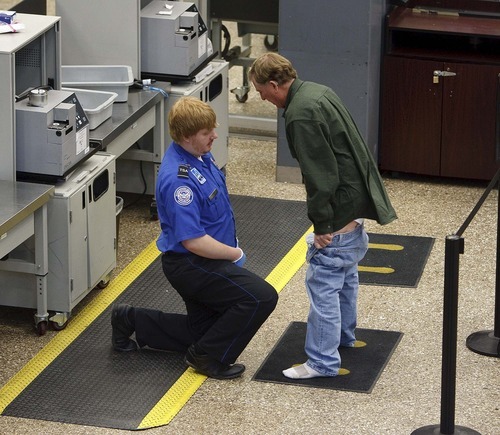Votto
Diamond Member
- Oct 31, 2012
- 58,031
- 59,711
- 3,605
- Thread starter
- #21
It depends upon the value system by which good is defined.
If good means that people naturally act to preserve their own lives and those of their inner circle (i.e. family, tribe), then use, people are naturally good.
It gets complicated in larger communities where "tribes" co-mingle, i.e. in modern civilization. Without a high moral code, then what was good in a small tribe becomes quite violent and toxic when tribes collide.
Hitler thought he was defending his inner community and world civilization from inferior races of people.
Hitler was heavily influenced by Western science that was heavily into eugenics and racism
Here is what Charles Darwin wrote:
“With savages, the weak in body or mind are soon eliminated; and those that survive commonly exhibit a vigorous state of health. We civilised men, on the other hand, do our utmost to check the process of elimination; we build asylums for the imbecile, the maimed, and the sick; we institute poor-laws; and our medical men exert their utmost skill to save the life of every one to the last moment. There is reason to believe that vaccination has preserved thousands, who from a weak constitution would formerly have succumbed to small-pox. Thus the weak members of civilised societies propagate their kind. No one who has attended to the breeding of domestic animals will doubt that this must be highly injurious to the race of man. It is surprising how soon a want of care, or care wrongly directed, leads to the degeneration of a domestic race; but excepting in the case of man himself, hardly any one is so ignorant as to allow his worst animals to breed.
The aid which we feel impelled to give to the helpless is mainly an incidental result of the instinct of sympathy, which was originally acquired as part of the social instincts, but subsequently rendered, in the manner previously indicated, more tender and more widely diffused. Nor could we check our sympathy, if so urged by hard reason, without deterioration in the noblest part of our nature. The surgeon may harden himself whilst performing an operation, for he knows that he is acting for the good of his patient; but if we were intentionally to neglect the weak and helpless, it could only be for a contingent benefit, with a certain and great present evil. Hence we must bear without complaining the undoubtedly bad effects of the weak surviving and propagating their kind; but there appears to be at least one check in steady action, namely the weaker and inferior members of society not marrying so freely as the sound; and this check might be indefinitely increased, though this is more to be hoped for than expected, by the weak in body or mind refraining from marriage.”
Darwin is all over the map here. First he says that we breed animals for strength, implying that science could do the same for human beings by selectively breeding them as well, but then stands down and says we must help the helpless and let them reproduce if need be, because it is a "noble" thing to protect the helpless. He even talks of "evil". However, he then goes on to say that it is a good thing that some who are genetically inferior are stopped from reproducing. I guess at that time some were.
So what does science have to do with human nobility and evil? Obviously, Hitler looked at Darwin as too sentimental and just stuck to science as he cleared out hospitals who were sick and people of assumed racially inferior stature, like blacks that Darwin thought were inferior.
